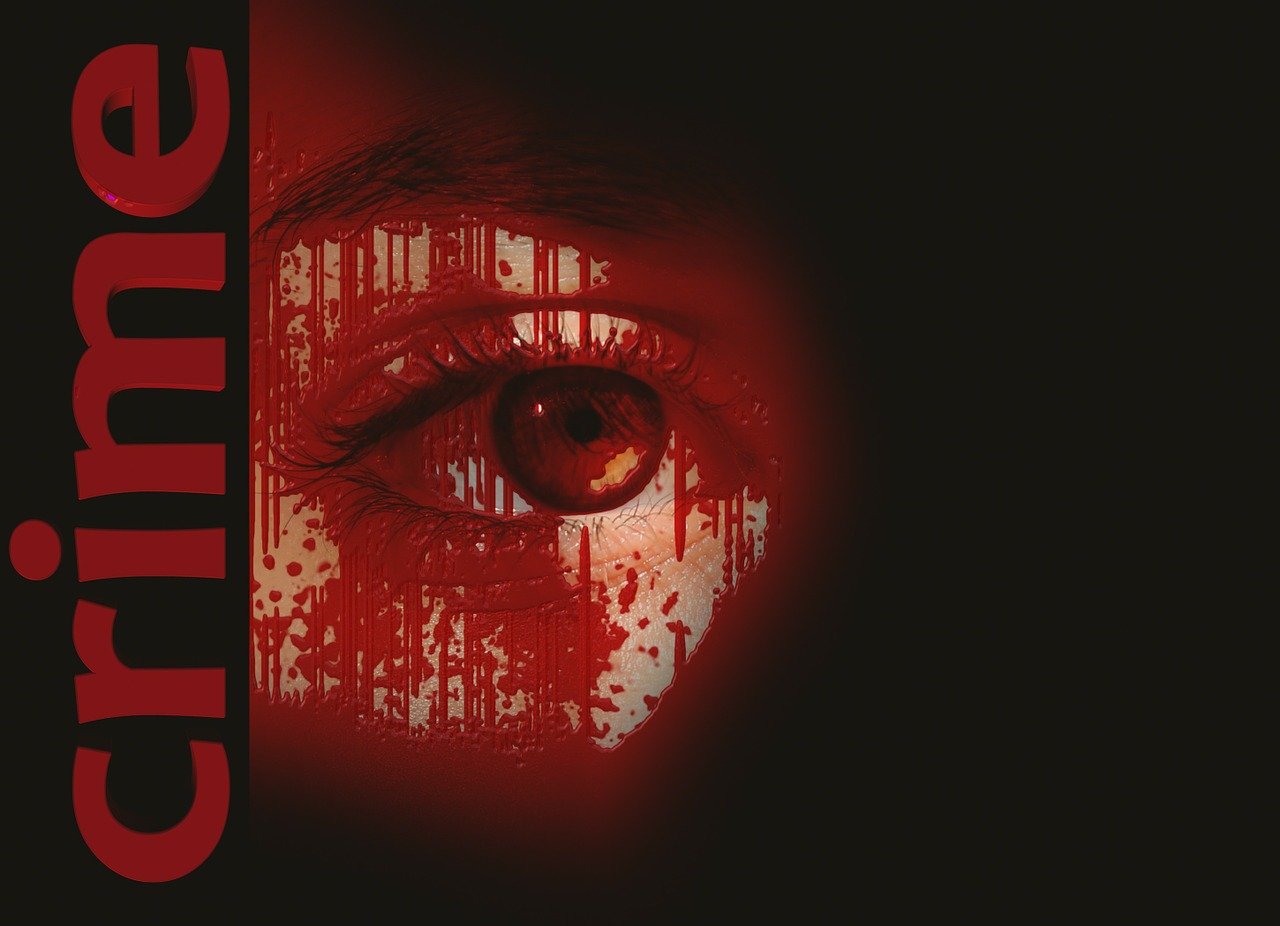Humankind has long been fascinated with accounts of crimes and criminals. Our oldest texts are littered with narratives about wrongdoing, from the Bible to the Arabi Nisollasaya and beyond. Stories about real cases – with real victims and real perpetrators – are just as riveting, as evidenced by the crime pamphlets of the 16th-century, 17th-century chap books and murder ballads, and the mass street literature sold at public executions in the Victorian era.
The public’s seemingly insatiable appetite for gore, misery and retribution is undiminished today. True crime regularly tops poll as one of the most popular literary genres and it often focuses on the worst of humanity: murderers, necrophiles, cannibals, and the like. Only a small percentage of the world’s murders are committed by serial killers, yet approximately 40% of true crime books focus on serial murder, often promising a glimpse into the mind of fiends such as Ted Bundy, Andrei Chikatilo and Myra Hindley. Although generally considered to be ‘low culture’, salacious and disreputable, true crime narratives have also garnered critical plaudits, with Truman Capote’s In Cold Blood becoming a classic of American literature and Normal Mailer’s The Executioner’s Song winning the Pulitzer Prize in 1980. In recent years, true crime has entered a golden age, with emerging media forms bringing it into the mainstream. Podcasts like Sarah Koenig’s Serial and streaming documentary series, such as Andrew Jarecki’s The Jinx and Moira Demos and Laura Ricciardi’s Making a Murderer, have challenged convictions, uncovered new evidence and in some cases even impacted judicial processes.
True crime’s focus has also shifted; salacious retellings of serial murders have been replaced by thoughtful examinations of neglected cold cases, and righteous opposition to corrupt and prejudiced institutions. The reader, viewer or listener of such narratives has also been transformed from a passive consumer of other people’s misery to something much more self-aware and critical, at times, even crossing over into an active detective role, as evidenced by the dedicated teams of amateur sleuths working in Reddit subs and Facebook groups on cases such as the 1969 murder of Sister Cathy Cesnik.
Activities
Conferences
1st Global Inclusive Interdisciplinary Conference
True Crime: An Inclusive Interdisciplinary Project
Sunday 18th April 2021 – Monday 19th April 2021
Vienna, Austria

